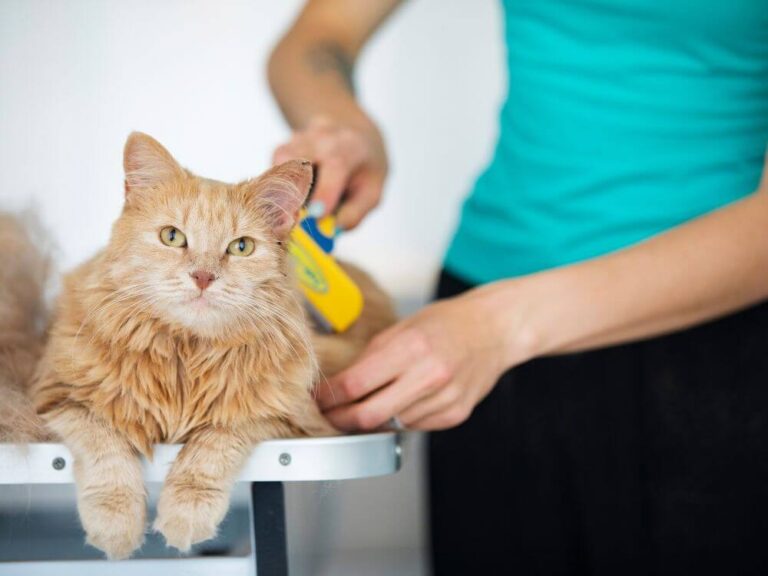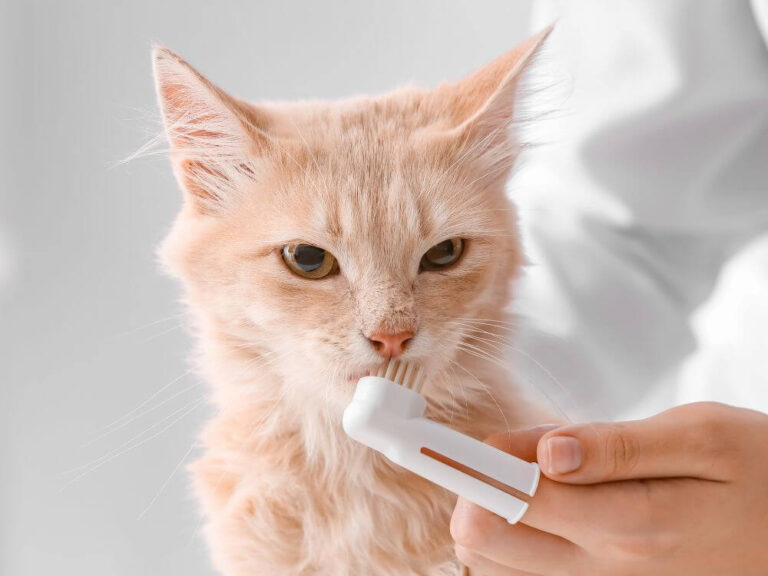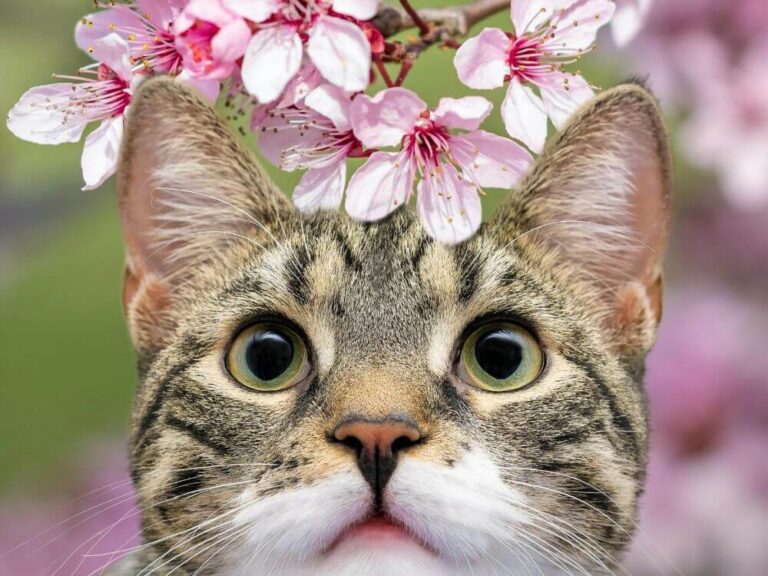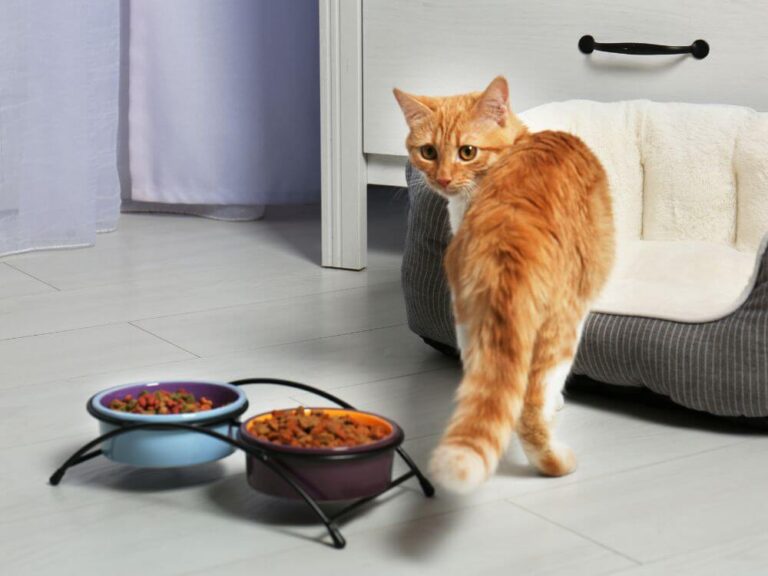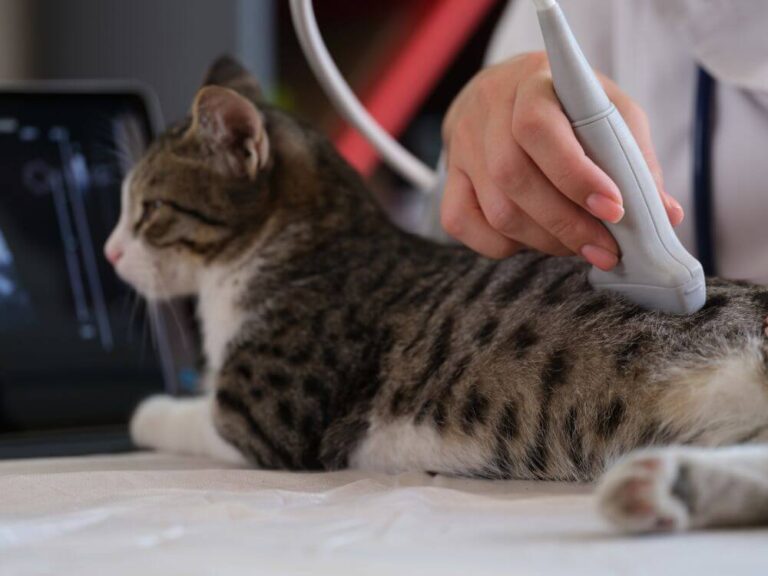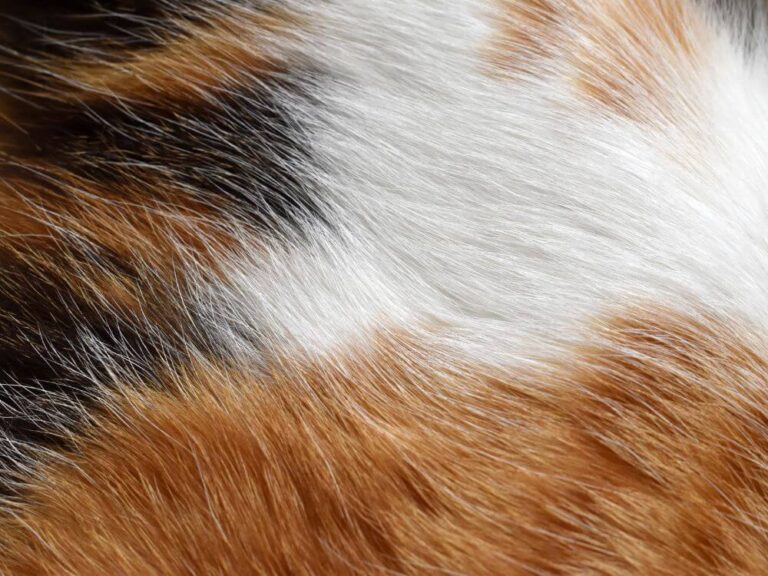How to Care for Old Cats: A Comprehensive Guide
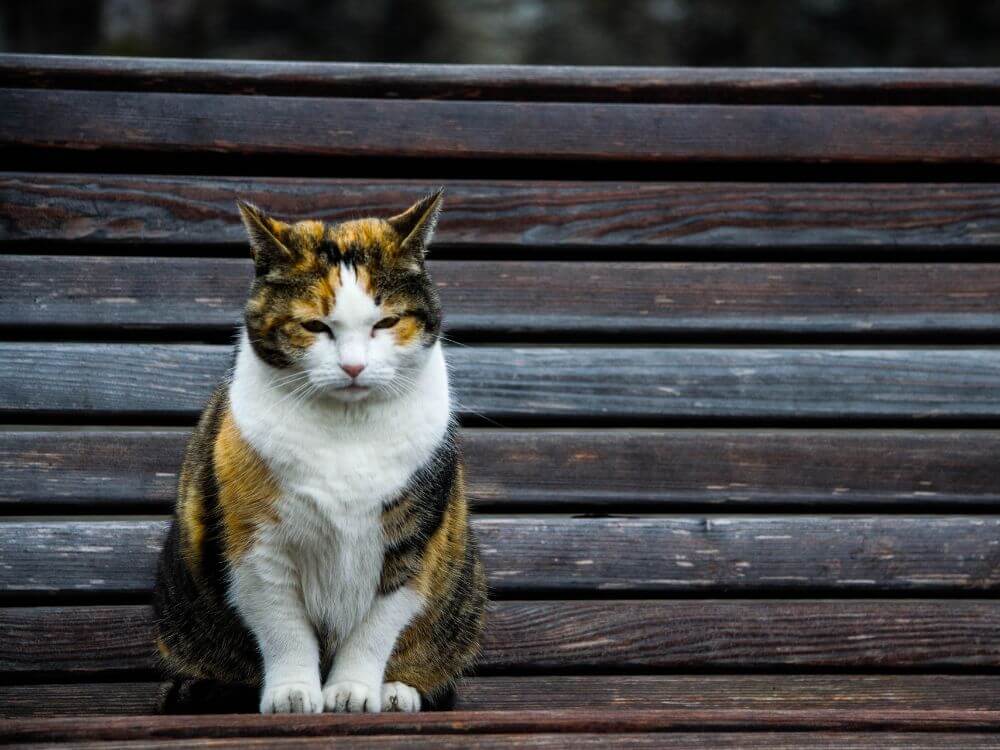
As cats age, their needs change significantly. Providing proper care for senior cats ensures they enjoy their golden years with comfort and health. In this guide, we’ll explore how to care for old cats, focusing on diet, health, and lifestyle adjustments that keep them happy and healthy.
Understanding the Aging Process in Cats
Cats are considered senior when they reach around 7-10 years old. As they age, they may experience slower metabolisms, joint stiffness, and weakened immune systems. Understanding these changes helps in addressing their specific needs.
Adjusting Diet of Old Cats
Nutritional Needs for Senior Cats
Senior cats often require diets rich in high-quality protein and lower in fat. This helps maintain muscle mass and prevent obesity. Look for cat foods specifically formulated for older cats, as they include essential nutrients like taurine and omega-3 fatty acids that support heart and joint health.
Hydration is Key
Older cats can become more prone to dehydration. Ensure they always have fresh water available, and consider adding wet food to their diet. Wet food not only adds moisture but can also be easier for senior cats to chew and digest.
Regular Health Check-Ups
Veterinary Visits
Senior cats should visit the vet at least twice a year. Regular check-ups help catch health issues early, whether it’s dental problems, kidney disease, or arthritis. Early detection is crucial for managing these conditions effectively.
Monitoring for Changes
Pay close attention to changes in behavior, appetite, or litter box habits. These can indicate underlying health problems that require medical attention. Weight loss, in particular, may signal serious issues in senior cats and should be addressed promptly.
Comfort and Mobility of Older Cats
Creating a Comfortable Environment
Older cats may struggle with mobility issues like arthritis. Provide soft, accessible bedding and consider placing ramps or steps near favorite resting spots. Avoid having them jump to high places, which may strain their joints.
Maintaining Mental Stimulation
While senior cats may be less playful than younger ones, they still need mental stimulation. Interactive toys, gentle play, and even puzzle feeders can keep their minds active and prevent boredom.
Grooming Needs
Regular Grooming Sessions
Senior cats may struggle with grooming themselves due to stiffness or arthritis. Regular brushing helps prevent matting and keeps their coat healthy. It’s also a great way to bond with your cat and monitor for skin issues or lumps.
Dental Care
Older cats are more susceptible to dental problems. Brushing their teeth regularly, or providing dental treats, can help maintain oral health. If brushing isn’t possible, consult your vet for other dental care options.
Managing Common Health Issues
Arthritis and Joint Care
Arthritis is common in senior cats, leading to discomfort and reduced mobility. Supplements like glucosamine and chondroitin can help support joint health. Additionally, providing a warm, cozy environment can ease their discomfort.
Kidney Disease
Chronic kidney disease is prevalent in older cats. Symptoms include increased thirst and urination, weight loss, and poor coat condition. If your cat is diagnosed with kidney disease, your vet may recommend a special diet to support kidney function.
Emotional Support and Bonding
Spending Quality Time Together
As cats age, they often become more affectionate and crave human companionship. Spending time with your senior cat, whether through gentle play or simply sitting together, strengthens your bond and enhances their well-being.
Understanding Their Needs
Every senior cat is unique. Some may become more vocal or demanding, while others may prefer solitude. Understanding and respecting your cat’s changing needs helps them feel secure and loved in their later years.
Preparing for the Future
End-of-Life Care
While it’s a difficult topic, preparing for the end of your cat’s life is important. Discuss options with your vet, such as palliative care or euthanasia, if your cat’s quality of life declines significantly. Remember that providing comfort and love during this time is the best you can do for them.
Cherishing the Memories
Caring for a senior cat can be a deeply rewarding experience. As they enter their golden years, the bond you share will grow even stronger. Cherish every moment and create lasting memories with your beloved companion.
Conclusion
Caring for a senior cat requires patience, understanding, and a willingness to adapt to their changing needs. By focusing on their diet, health, comfort, and emotional well-being, you can ensure that your old cat enjoys a happy, healthy, and fulfilling life. Remember, your love and care make all the difference in their golden years.

